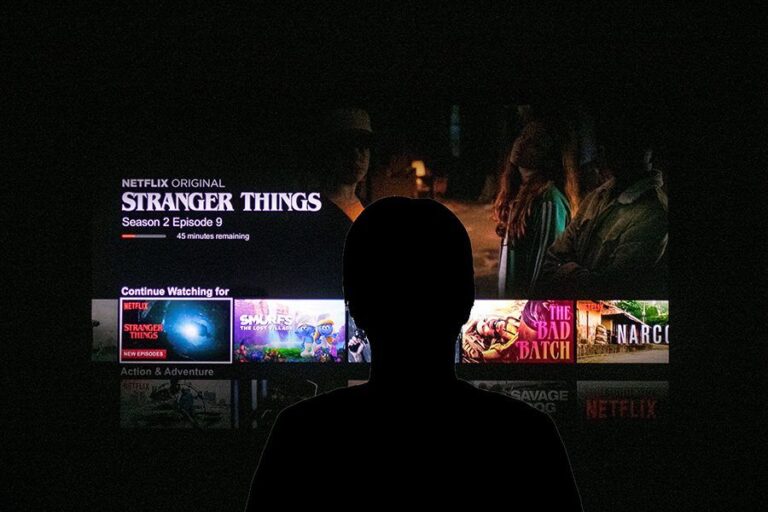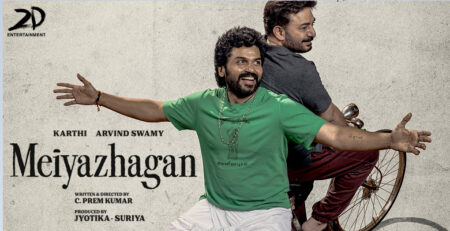Studies show that our fascination towards Reality TV shows stems from not-so-innocent desires and the habit can reflect factors such as dysfunctional families, inferiority complexes, a penchant for voyeurism and more. Here’s a primer into the dark side effects and symptoms of Reality TV obsession.
Netflix has just released the trailer of Fabulous Lives of Bollywood Wives. For those who stay away from the entertainment sections of mass and social media, this is about a reality show that details the lives of four women who are married to Bollywood celebrities. The wives are Seema Khan (married to Sohail Khan), Maheep Kapoor (Sanjay Kapoor), Bhavana Pandey (Chunky Pandey) and Neelam Kothari (Samir Soni).
The show is likely to go on air on November 19. It has already sparked a debate on social media over the way content companies are commercialising celebrity lives and how the viewers, especially the middle class, have been falling for such products.
This is not a new phenomenon. According to psychologists and sociologists, history of television shows that Reality TV has always invited controversies for various factors. Even though Reality TV reached India much later, in the US it started taking wings in the 1990s with game shows such as Survivor and Big Brother. It was in 1948 that Alan Funt, American television personality, introduced the idea of the first reality show TV series: ‘Candid Camera’.
India story
Soon such shows became extremely popular. In India, Reality TV started with quiz shows and then singing contests. The Bournvita Quiz Contest of Derek O’Brien (1992) and the “Sansui Antakshari” (1993) were the pioneers. Clearly, the very start of Reality TV had seen the advent of sponsored reality content. The dance reality show Boogie Woogie debuted in 1996, introducing a new genre and igniting immense interest among the middle class viewers.
Soon came Kaun Banega Crorepati, in July 2000, which rewrote the idea of Reality TV in India and paved way for similar content. It also empowered content creators to experiment with more flamboyant and bolder shows. Still, the Reality TV landscape was a solemn affair in those years.
But the kind of Reality TV we see today happened in 2006. That year content company Endemol India came up with Bigg Boss and Fear Factor on the channel SET India. And the rest is history. The Reality TV landscape exploded in many directions, triggering a wave of reality content on Indian television. Dating shows, talent huts, home-improvement programmes, court shows, true crime shows, hidden-camera programmes, the space is a multi-billion dollar industry now.
Reality TV gets Covid boost
Reports suggest that during the Covid-19 pandemic, Reality TV got a fillip, especially with social distancing becoming a norm in all societies and people withdrawing into their living rooms and bedrooms.
In the US, television viewing ratings of the four major broadcast networks, ABC, NBC, Fox and CBS went up each week since 1 March, powered, mainly, by reality TV shows such as American Idol and Game of Games. These shows increased their audience by more than 30 per cent, say reports. The finale of The Bachelor, aired in March 2020, was the most popular episode of the show since 2016.
In India, too, Reality TV shows have recorded unforeseen ratings during the pandemic times, estimates television viewership measurement agency Broadcast Audience Research Council of India (BARC India).
Several theories explain the addiction reality shows have triggered. One of the most interesting factors psychologists and media studies experts cite is the element of voyeurism inherent in reality television shows. Granted, not all reality shows deal with sexual content. But most shows, like Bigg Boss, allow a peep into the private lives of ‘others’. This is called ‘trait voyeurism’. Mediated voyeurism and its guilty pleasures are an important factor in making Reality TV popular. Simply put, while watching how other people live, viewers get glimpses of an alternate reality that they cannot achieve in real life. Watched Temptation Island? You’ll know what we are talking about here.
Another interesting factor is ‘humiliation’. Reality shows offers its viewers an opportunity to see people fail and get penalised for it, from the safe corners of their living rooms. People love watching others fail, show studies. Seeing ‘big’ people fail or make mistakes or act in an embarrassing way can offer significant vicarious gratification for a section of the viewers. Some viewers show empathy or sympathy towards such candidates and contestants, but in general the failures seem therapeutic.
The alternative ‘reality’
For some viewers, the alternative world that reality shows offer are those they desired (secretly or not) but didn’t receive. The fascination for children’s reality shows (song and dance) are pointers towards this. Psychologists have said that children’s reality shows often have damaging impacts on participant children and their parents. These shows also exert immense pressure on their peers and children of the same age who are generally seen as less talented. They are forced to ‘perform’, show studies, and failures can have long-standing ramifications on their character.
In an interesting paper, ‘Who’s Afraid of Reality Shows? Exploring the Effects of Perceived Influence of Reality Shows and the Concern Over Their Social Effects on Willingness to Censor’, Jonathan Cohen and Gabriel Weimann of University of Haifa (Communication Research, Vol. 35, No. 3) looks at concerns about the negative influence of reality shows and the role of such concerns in explaining “attitudes toward restrictions on production and broadcast of such shows.”
Privacy peep
One of the most obvious concerns related to reality TV is, the authors write, “its power to invade privacy.” Another concern is the commercial nature of reality TV or the “advertainment” aspect.
As “branded content,” the shows become marketing vehicles to attract audiences for advertisers. There is a third concern, which many think is the most important one, and which can explain the Indian middle class’s interest in reality shows. And that relates to the “escape from reality”.
The scientists felt that the findings suggest reality shows, according to many respondents, can come in a class similar to genres such as pornography, misogynistic rap, hate speech, etc.
Survival drama
Reality TV is all about surviving in style, say scholars who study show business. One of the most interesting observations on Reality TV comes from an interesting 2011 article. It appeared in the Journal of Popular Culture. Tattoo Therapy: Storying the Self on Reality TV in Neoliberal Times observed that the reality TV “genre has not been shy about portraying the odd or disgusting…”.
The author Louise Woodstock says that discourses of popular culture, including reality TV, “bolster neoliberalism’s goals by encouraging individuals to focus on self-resilience, on constructing and reconstructing a marketable self in both professional and personal realms.”
As Kim Kardashian, one of the most popular and successful Reality TV stars American television has ever produced, puts it, “I’m an entrepreneur. ‘Ambitious’ is my middle name.”




